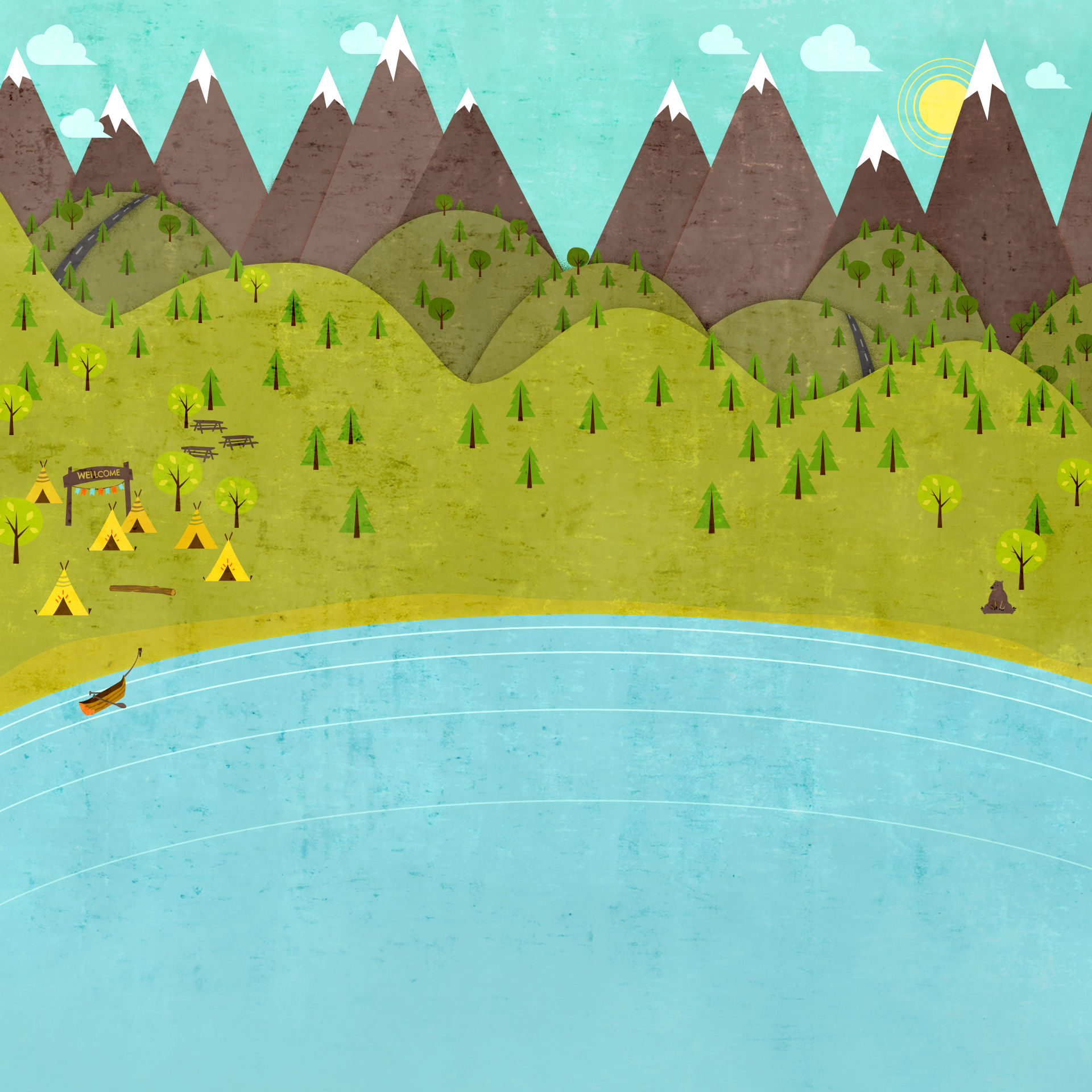
Science & You
BVIS HANOI (VV)
Phuong & Chi


Hello everybody, again if you are new to this website. I have a feeling that it has been a while since I posted something new, to be more specific 3 months. The reason I stopped writing something new is becasue I was lazy and I felt like nobody is visiting the website anymore. I am right, people have stopped going here to look for new things that related to science. Sometimes, I do feel like I am autistic, sitting here, talking to nobody on the website. It soon occurs to me that even though I am quite useless here, the fact that I am posting these things for the sake of my study. I am giving my self courage to do something even though nobody out there is listening to me. Well, if there is anybody reading this now, I hope it help you as much as it help me. I did find it struggling to understand most of the problems in Physics and had to rely on a lot of sources. Now having collected everything and compress it into a post, I hope it is easier for you to understand Physics. :)
Graphs Of Motion
Horizontal line: stationary, at rest, not moving
Straight line going up: constant velocity moving foward ( in a positive direction)
Straight line going down: moving backwards ( in a negative direction) with a constant velocity
Curved line: accelerating velocity
( to find the velocity, draw a tangent and find the fradient of the tangent)
Cross x-axis: returned to 0 displacement
Below x-axis: move in a negative direction
Two lines cross: they have met at the same place at the same time (two objects)
Gradient of line: is the velocity

displacement - time graph
Displacement (vector): is a distance from a point in a direction
Speed: rate of change of distance with time ( = distance/time)
Average speed: is the total distance over total time ( = total distance/total time)
(Instantaneous) velocity: at a point in time, the velocity is the rate of change of displacement with time
Average velocity: is the total displacement over time ( = total displacement/total time)
Acceleration: the rate of change of velocity with time ( = final velocity - initial velocity/time)
definition

velocity - time graph
Horizontal line: constant velocity
Straight line going up: constant acceleration
Straight line going down: constant deceleration
Above x-axis: moving fowards
Cross x-axis: at rest
Below x-axis: moving backwards
Two lines cross: same velocity at the same time
Gradient of line: change in velocity/ time => acceleration
area under the line: velocity x time => displacement



equations of linear motion (suvat)

It's all for today, see you guys in the next few posts.
Best regards,
Phuong
Excercise
Answer

